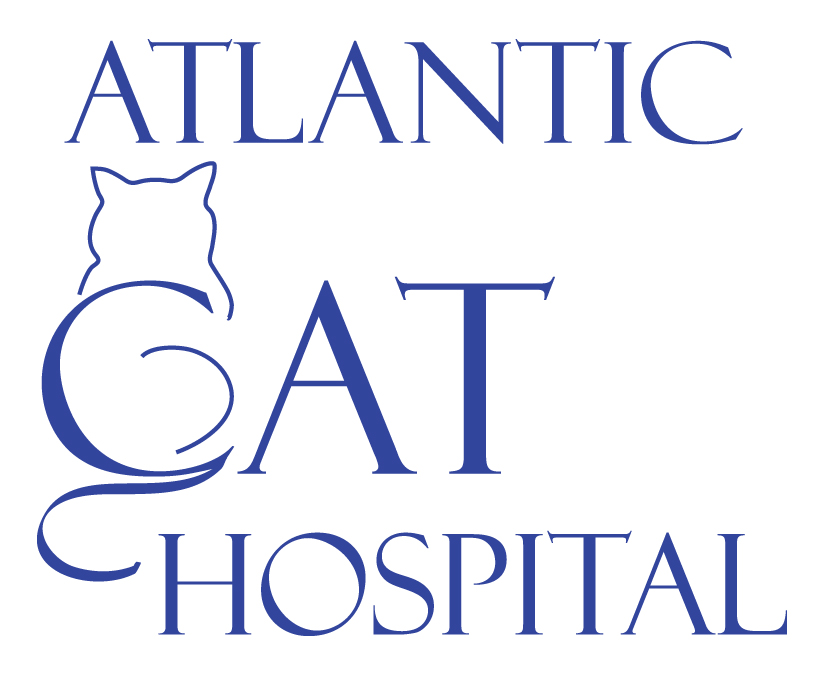Library
-
Oxytocin is a hormonal agent used to induce or enhance uterine contractions at the time of birth in cats, dogs, rabbits, rodents, and other mammals. Oxytocin is also used in mammals to help start milk production, control uterine bleeding, and help shrink the uterus to normal size after birth. It has been used in birds and reptiles to help resolve egg binding.
-
Pancrelipase is given by mouth and is used on and off label to treat exocrine pancreatic enzyme deficiency in dogs, cats, and birds. It is also used to treat fur balls in rabbits. Give as directed by your veterinarian. Common side effects at higher doses include diarrhea, cramping, gas, or vomiting. Do not use in pets that are allergic to pork. If a negative reaction occurs, please call your veterinary office.
-
Paroxetine is given by mouth and is used off label to treat certain behavior disorders such as aggression, anxiety, and urine-marking. Give as directed by your veterinarian. Common side effects include sleepiness and decreased appetite. Do not use in pets that are allergic to it or other SSRIs, or pets currently taking MAOIs. If a negative reaction occurs, please call your veterinary office.
-
Penicillin G (brand names VetriPen G, PenOne Pro, others), is an antibiotic used to treat susceptible infections in cats, dogs, chickens, horses, livestock, ferrets, hedgehogs, rabbits, and other animals. It is used off label (extra label) in cats, dogs, and other companion animals. Penicillin G comes in injectable suspension form. Caution when using in rabbits and other animals sensitive to penicillin-like drugs.
-
Phenobarbital is given by mouth or as an injection to treat seizures or to sedate your pet. Common side effects include sleepiness, increased thirst, urination, and/or appetite. Do not use this medication in pets with liver, lung, or kidney disease or those that are allergic to barbiturates. If a negative reaction occurs, call your veterinary office.
-
Phenoxybenzamine is used off label in dogs and cats to treat urination difficulty related to sphincter tone, high blood pressure related to pheochromocytoma, and in horses to treat laminitis. Give phenoxybenzamine as directed by your veterinarian.
-
Pheromones (brand names Feliway®, Comfort Zone®, Adaptil®, others) are natural or synthetic substances that mimic scents released by animals to communicate. Pheromones are used in cats and dogs as behavior modifiers for a variety of conditions, including urine spraying and marking, inter-cat aggression, stressful events, phobias, and separation anxiety, among other conditions. Pheromones comes in collar, diffuser, and spray forms.
-
Phytonadione (brand names: Mephyton®, Phytomenadione®, Aqua-Mephyton®, K-Caps®, Konakion®, Hemophyt®) is given by mouth and is used on and off label to treat vitamin K1 deficiencies in a variety of animal species, usually due to toxicities. Give as directed by your veterinarian. Side effects are uncommon. Do not use in pets that are allergic to it unless the benefits outweigh the risks. If a negative reaction occurs, please call your veterinary office.
-
Phytosphingosine topical (brand names Douxo®, SkinGuard®) is an anti-inflammatory agent, with antibacterial and antifungal properties. It is used in cats and dogs to help relieve itching in certain skin conditions and help restore the skin barrier. Phytosphingosine topical may be part of a combination product.
-
Pilocarpine is used off-label and given by mouth in food to treat neurogenic keratoconjunctivitis sicca, and used topically in the eye to diagnose cranial nerve III problems. Common side effects include irritation of the eye, and more severe side effects include vomiting, diarrhea, increased salivation and urination, and coughing. Do not use in pets that are allergic to it or that have secondary glaucoma.






